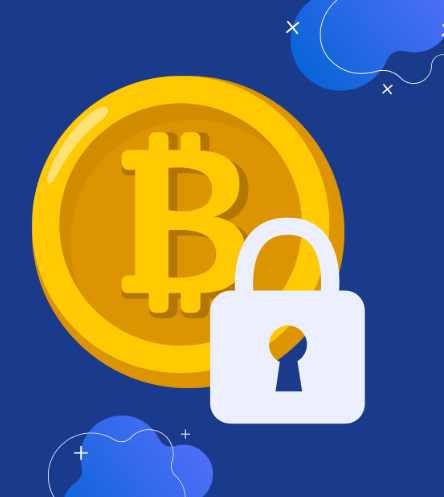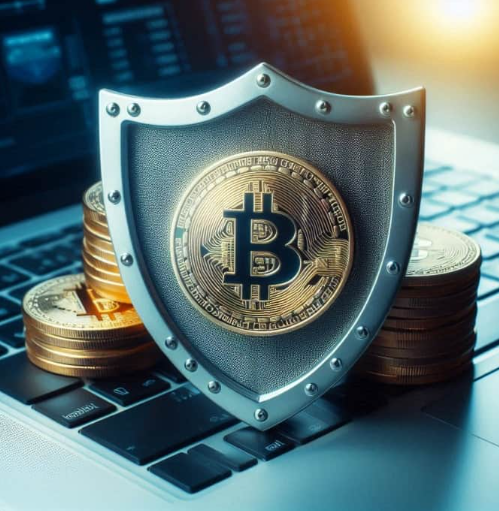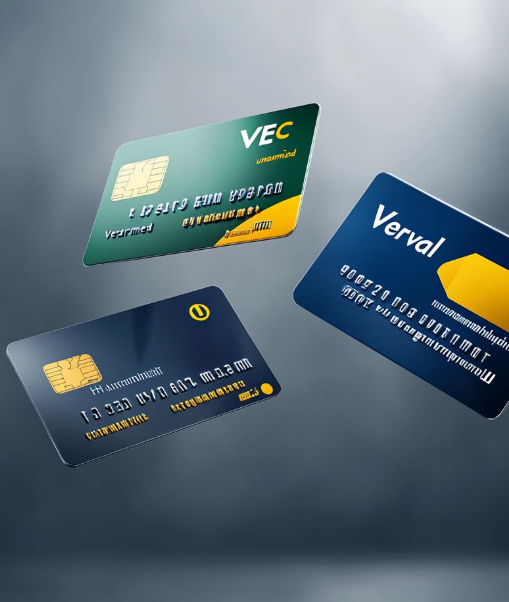As cryptocurrencies become more integrated into global commerce, businesses are increasingly turning to crypto payment gateways to take advantage of faster transactions, lower fees, and access to international markets. However, alongside these benefits come significant security considerations that can’t be overlooked. For companies embracing digital currency, understanding the risks and implementing effective safeguards is essential.
In this blog, we’ll explore how crypto payment gateways work, the primary security concerns surrounding them, and the best practices businesses can follow to protect their operations and their customers.
Why Crypto Payment Gateways Matter
Crypto payment gateways serve as intermediaries that enable merchants to accept digital assets like Bitcoin, Ethereum, or stablecoins in exchange for goods or services. They provide the technical infrastructure that allows cryptocurrency to be seamlessly integrated into checkout systems, whether for online or in-person transactions.
These platforms help translate the growing popularity of digital currency into a practical business tool—but their security setup is critical to success. As digital payment methods continue to evolve, so must the protections that keep transactions secure.
Common Security Risks in Crypto Payment Systems
While crypto transactions offer advantages over traditional methods, they are not without vulnerabilities. Understanding the specific risks is the first step in creating a more secure environment.
1. Limited Regulatory Oversight
Unlike traditional finance, which operates under clearly defined regulatory frameworks, cryptocurrency regulation is still developing in many regions. This lack of consistency increases the risk of misuse and complicates compliance efforts for businesses operating internationally.
2. Irreversible Transactions
Unlike chargeable credit card payments, cryptocurrency transfers are final. If an error occurs or a fraudulent transaction takes place, there’s no option to reverse it. This increases the importance of verifying each transaction before it’s processed.
3. External Threats
Phishing attempts, exchange hacks, and malware attacks remain a persistent threat. Hackers often target payment platforms or individual wallets to steal funds, making robust cyber defense strategies essential.
4. Insider Risks
When businesses rely on third-party providers or centralized platforms to process crypto payments, internal mishandling or lax security measures can pose a significant threat. Weak internal protocols can expose sensitive data or allow unauthorized transactions.
Critical Security Features for Crypto Payment Gateways
To operate safely in the crypto space, businesses should only work with gateways that offer a strong set of protective features.
Blockchain Infrastructure
Blockchain provides a secure, transparent record of all transactions. The decentralized nature of this technology prevents manipulation, making it an essential foundation for any secure crypto payment solution.
End-to-End Encryption
Data transmitted during a payment must be encrypted to prevent interception. Using encryption protocols that secure communication between the user’s wallet and the merchant’s platform ensures that sensitive information stays protected throughout the transaction.
Cold Wallet Storage
To minimize exposure to cyber threats, funds should be stored offline in what’s known as cold wallets. These are not connected to the internet, which significantly lowers the risk of hacking. A reliable gateway will store only the necessary operational funds online, keeping the majority in cold storage.
Multi-Signature Authorization
Multi-sig authentication requires more than one private key to approve a transaction. This prevents any single individual—whether internal or external—from moving funds without oversight, adding an important layer of control for businesses managing large sums.
Two-Factor Authentication (2FA)
Adding a second step to user login procedures is a proven way to reduce unauthorized access. With 2FA, users must confirm their identity through a secondary method (such as a mobile device), making it much harder for attackers to gain access.
Compliance with AML and KYC Standards
Meeting anti-money laundering (AML) and know-your-customer (KYC) requirements helps ensure that crypto platforms are not being used for illicit activity. Gateways that follow these standards protect merchants from legal exposure while building trust with customers.
What Businesses Can Do to Strengthen Security
Adopting the right technology is just one part of securing crypto payments. Internal processes and ongoing vigilance play equally important roles.
Choose a Trusted Gateway Provider
Evaluate providers based on their track record, transparency, and security architecture. Features such as cold storage, multi-sig capabilities, and real-time monitoring should be considered non-negotiable.
Train Your Staff
Employees should be equipped to identify and respond to phishing attempts, social engineering tactics, and other threats. Regular training ensures everyone understands the role they play in maintaining secure operations.
Schedule Regular Audits
Routine security checks and third-party audits can uncover potential vulnerabilities before they become threats. Implementing a regular audit schedule shows a proactive approach to maintaining system integrity.
Monitor Transactions in Real Time
Using built-in tools or external services to monitor transaction behavior allows businesses to identify and respond to suspicious activity early. Alerts for unusual patterns—such as unusually large payments or transfers to new addresses—can help prevent fraud.
Final Thoughts
The growing adoption of cryptocurrency in business brings both opportunity and responsibility. While crypto payment gateways offer efficient, cost-effective, and scalable payment solutions, they must be implemented with strong security measures to safeguard sensitive data and financial assets.
For businesses stepping into the digital payment space, choosing the right partners and prioritizing security infrastructure is key. A well-secured crypto payment system not only protects operations but also reinforces customer confidence—both of which are critical in the fast-evolving world of digital commerce.













